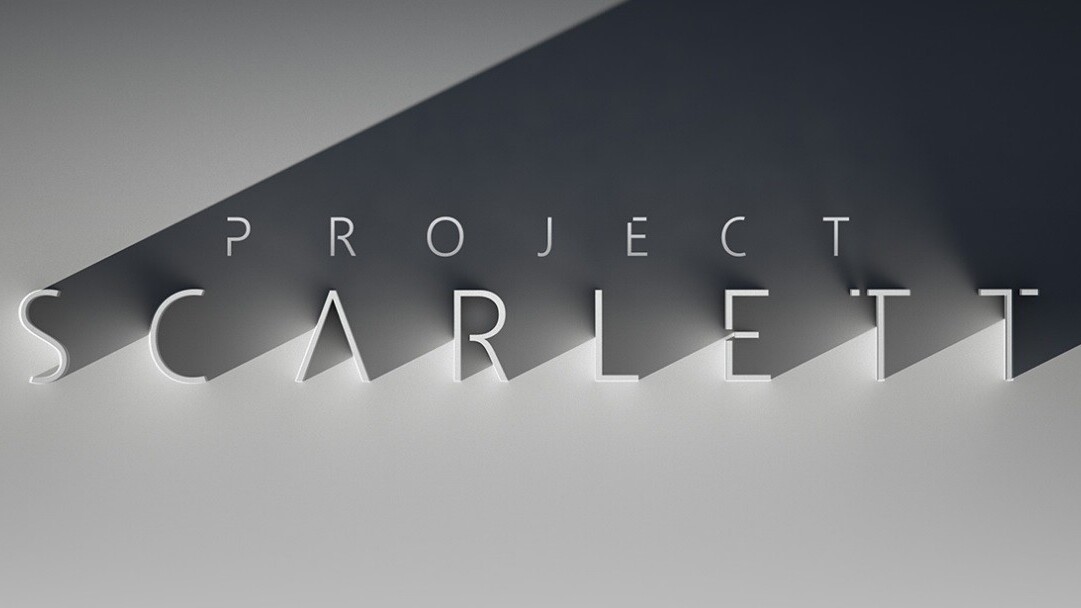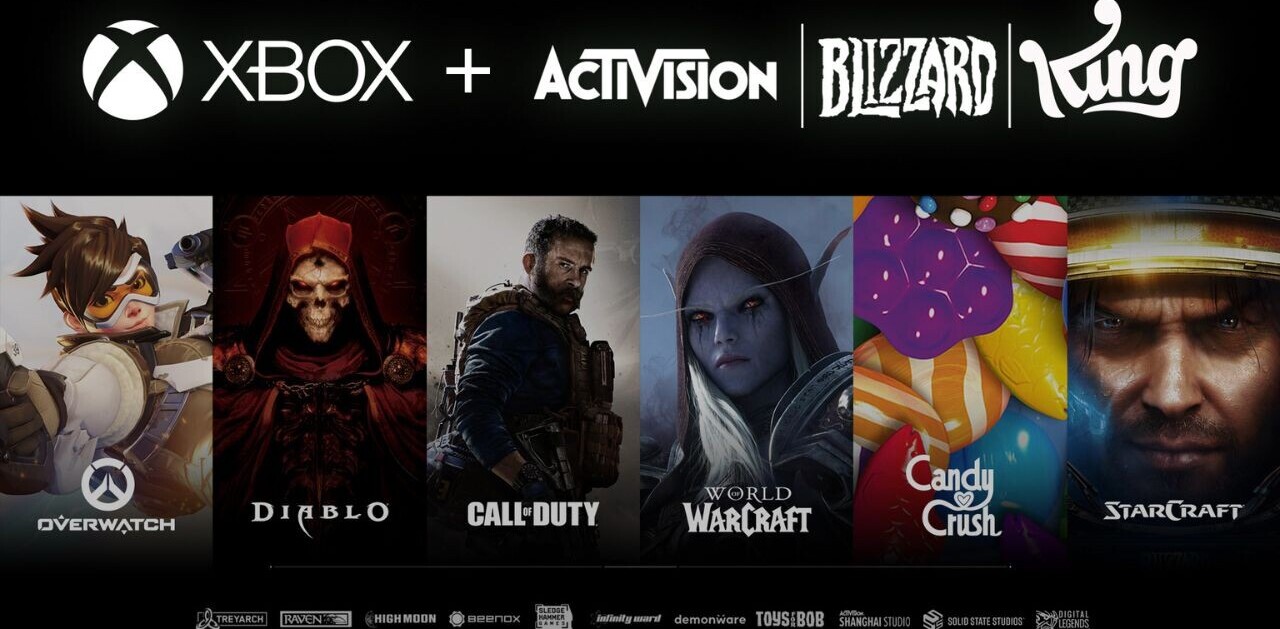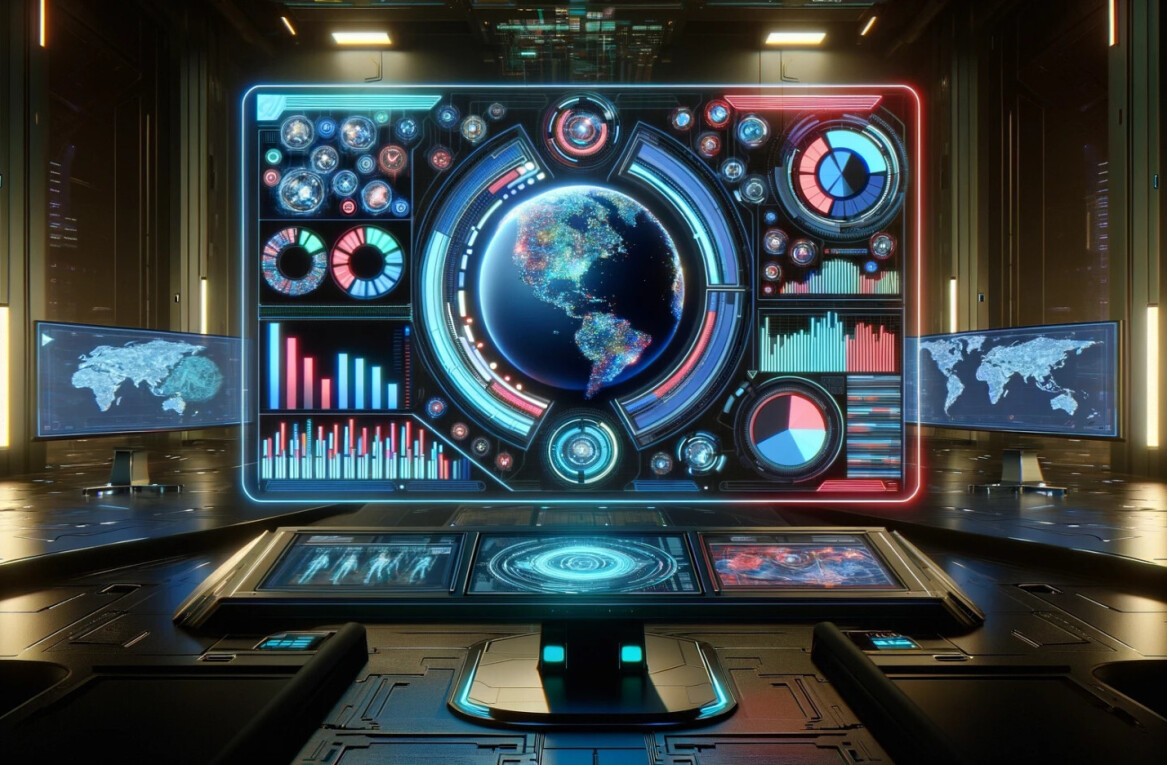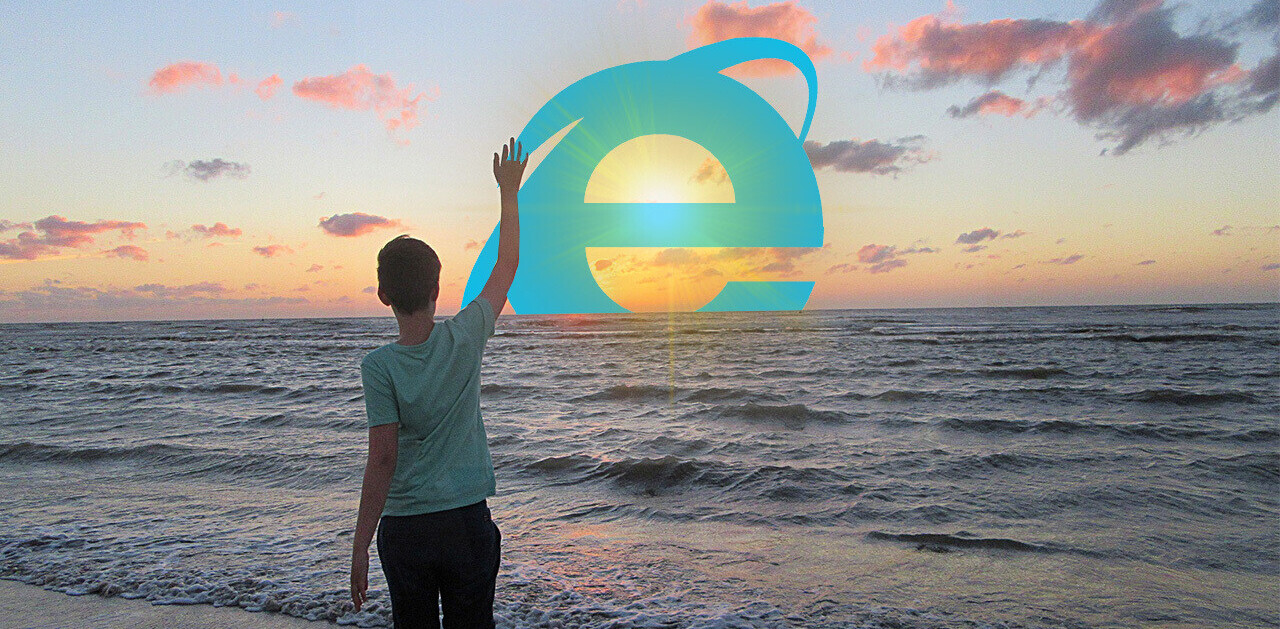
In the midst of the rest of the news from E3, Microsoft quietly revealed it’d no longer be adding older games to its Backwards Compatibility program, but that it would be striving to make those games already part of its library capable of running on its next-gen console, codenamed Project Scarlett. It seems Microsoft’s realized its got a leg-up on Sony when it comes to backwards compatibility — and it may be the best decision the company could make.
As its eternal frenemy Sony sat out E3 this year, Microsoft basically had free rein to show off Scarlett. It didn’t reveal its next-gen console per se, opting for a dreamy hype video in which developers talked up the new system. It emphasized the power of the hardware, including the new SSD and 8K-ready graphics. But it also slipped the phrase “four generations of content” in towards the end of the trailer, and later confirmed via the Project Scarlett site that, “Thousands of games across four console generations will look and play best on Project Scarlett.”
Jason Ronald, Xbox’s partner director for the platform, revealed the company would no longer be adding Xbox or Xbox 360 games to the library of backwards compatible games, with the eight games added this week being the last. But he also added, “we have now shifted our focus to help make the games you love playing on Xbox One compatible with future Xbox hardware… we’re excited to continue our work on Xbox compatibility across platforms and devices, which remains a top priority.”
The company has already confirmed that Scarlett will have an optical disc drive. That means, assuming Microsoft aren’t blowing more smoke than usual, that four generations of physical media will be playable on the new Microsoft console. We’ve reached out to Microsoft to confirm this is the case.
The addition of a disc drive is not itself revolutionary — the PS5 will have one too. Despite the push for purely-digital cloud-gaming subscription services, plenty of gamers still prefer physical discs and cartridges over download, and even some who don’t still use their console as a Blu-ray player.
But part of the appeal of Microsoft’s program was that you could put the disc of a compatible game into the drive of an Xbox One and the game would play — no need to buy the game again digitally to get the same experience. And four generations of games playable on a single machine? As far as I know, that’s never been possible on a console before. By contrast, PlayStation’s solution to the same desire has been to offer gamers a costly subscription to PS Now, where it offers a limited selection of PS3 games, or to let gamers buy PS1 games again on the PS Vita.
Sony appears to have realized the benefits of backwards compatibility, in that it’s not only adding the feature to the PS5 but has explicitly stated in company documents it hopes to use the feature as a way of transitioning PS4 owners smoothly to the next generation. That’s a clinical way of saying it’ll entice fans by not forcing them to spend money to play games they already own on the new console.
My colleague Tristan Greene argued that Sony had already triumphed over Microsoft thanks to its continued investment in VR, something Microsoft has failed to add to its console in any meaningful way. I don’t disagree with him — VR is around for the long haul this time, and eventually most console makers are going to pay that piper or risk being seen as obsolete.
But if Sony’s trump card is hardware that benefits the forward thinking, then Microsoft’s might be that which benefits the nostalgic. Both companies have acknowledged that part of the appeal for gamers is the ability to bring the games they love with them to the next generation. Microsoft are just, for once, ahead of that particular curve.
Get the TNW newsletter
Get the most important tech news in your inbox each week.





